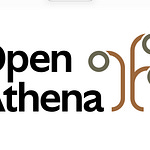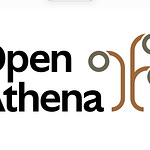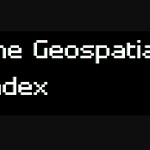CLIPS
When Citizens Fix Government Data Mistakes
Losing 60% of Historic Place Names
The Fast & Flawed Redrawing of Vietnam
The Birth of Saigon's First Digital GIS Map
EPISODE
Tue (Matt) Le-Quang is a Data Reporter at VnExpress.net. He spent time with us today analysing and mapping the upgrade of Vietnam's administrative boundaries.
Quoting from his publication VnExpress (Google Translate):
After the reorganization of 34 provinces and cities, the number of commune-level administrative units in Vietnam decreased by 67%, from 10,035 to 3,321 units. Of which, Hanoi merged the most units with a reduction rate of more than 77%.
Tue has made a web app about this here. There has been a bit of debate over it the past half decade, such as this 2020 piece from VnExpress. Most recent English coverage I can find is this. The country used to have 63 provinces, now there will be 28 with 6 extra cities as their own areas, for a total of 34. A pertinent quote from that article speaks of large savings for the taxpayer:
This restructuring is projected to reduce the workforce by approximately 250,000 people, including 130,000 officials, civil servants, and public employees, as well as 120,000 part-time workers at the commune level. The reform is expected to save more than VND190 trillion (US$7.3 billion) in the 2026–2030 period.
This brings up the work of Daron Acemoglu and James A. Robinson in Why Nations Fail:
…and The Narrow Corridor:
Work for which they were awarded the Nobel Prize in Economics along with Simon Johnson. These books are riveting. They describe, as the title of the first says, how destruction of, or failure to maintain, institutions causes a nation to fail. The second book, The Narrow Corridor, is intended - in Daron's words from the second video above -
…to provide a framework that is applicable across ages and across countries for thinking about what supports prosperity, what supports democracy and what supports liberty. The key idea ... is what supports robust participation from the people and we need the state to play a pro liberty, pro prosperity role. In particular to create inclusive markets which have the right legal system, provide equality of opportunity, the right regulations against the powerful actors.
It is so inspiring to see their work quoted by a citizen of, and reporter from, Vietnam in the midst of state action to navigate the country into The Narrow Corridor.
Thank you to Tue for giving us the privilege of this report and for all the diligence providing insight to the readers of VnExpress through geospatial apps. Clearly he is a talent, and a credit to the education system of Vietnam.











